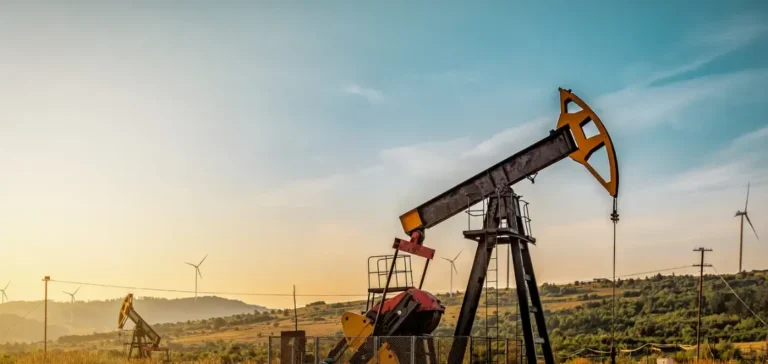Tamarack Valley Energy Ltd. has signed a private placement agreement to issue USD 237 mn in unsecured senior notes maturing on July 25 2030 with a coupon of 6.875 %. The securities will be issued at par and rank pari passu with all existing and future unsecured senior indebtedness of the company. Closing is expected around July 25, subject to customary conditions, CNW reported on July 14. Management says the refinancing fits its prudent leverage strategy.
Use of proceeds and partial redemption
About 66 % of the net proceeds will reduce drawings on the USD 639 mn revolving credit facility that matures on April 30 2028. The balance will fund the early redemption of USD 73 mn of the 7.25 % issue due on May 10 2027 at 102 % of par plus accrued interest. A conditional notice has already been sent to holders, with completion dependent on the success of the new issue. The company aims to lower its average cost of funding and smooth its repayment calendar.
Long-term debt measured on March 31 will rise from roughly USD 563 mn to USD 569 mn, while the share falling after 2028 will represent 40 % of the total. Drawings on the bank facility will be cut to USD 186 mn, freeing unused capacity of USD 448 mn. Analysts note that the new coupon is 37.5 basis points below that of the 2027 tranche, demonstrating continued market access despite higher policy rates.
Placement terms
National Bank Financial Markets and RBC Capital Markets, the capital-markets arm of Royal Bank of Canada (RBC), are acting as joint book-runners. The notes will be offered to qualified investors in Canada under prospectus exemptions, to qualified institutional buyers in the United States under Rule 144A and, outside the United States, under Regulation S. No registration is planned with the Securities and Exchange Commission, and the securities will not be available to retail investors.
The company said the transaction supports its development strategy for the Clearwater and Charlie Lake assets, viewed as highly profitable. A banker involved added that the Canadian bond market remains open to mid-sized issuers with solid conventional assets despite a high-yield environment. Rating agencies have yet to update their assessments, but management said the new maturity structure provides “a more resilient profile” against crude-price cycles.
Cash-flow outlook
After completion, less than USD 146 mn will mature before 2028, reinforcing Tamarack’s budgetary flexibility. The company expects net cash flows from its horizontal wells to cover debt-service needs and the planned drilling programme. Portfolio managers interviewed note that the 2030 note, yielding close to 7 %, offers attractive duration for diversifying exposure to mid-size North American producers. This perception has driven strong demand during book-building.






















